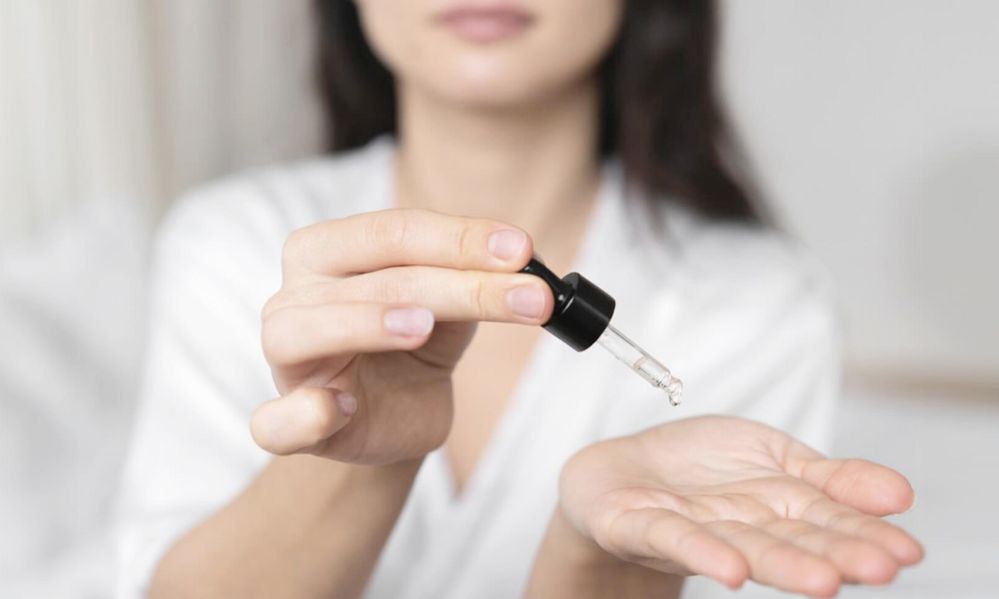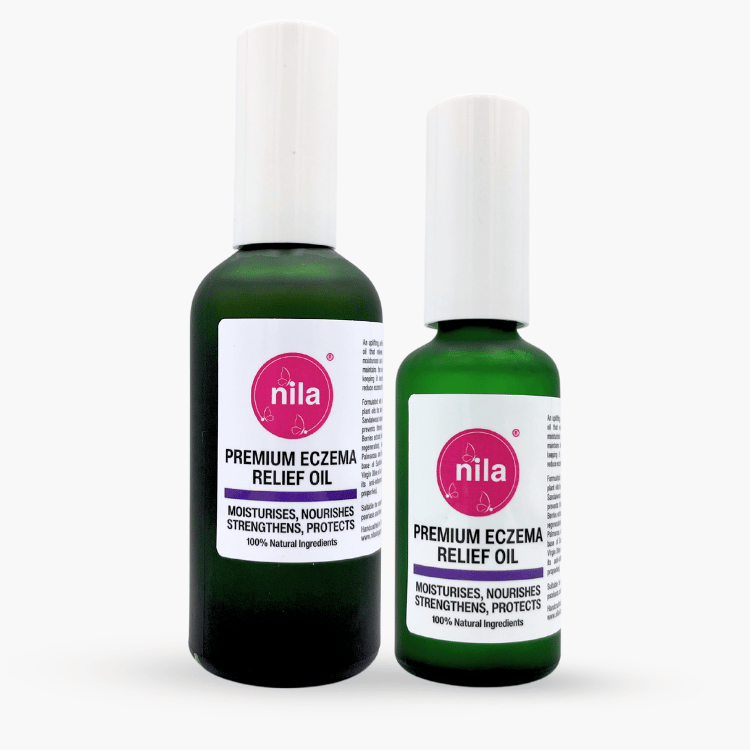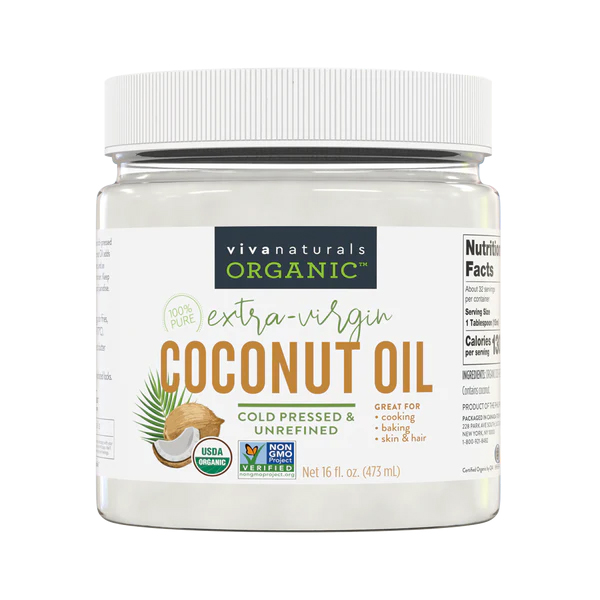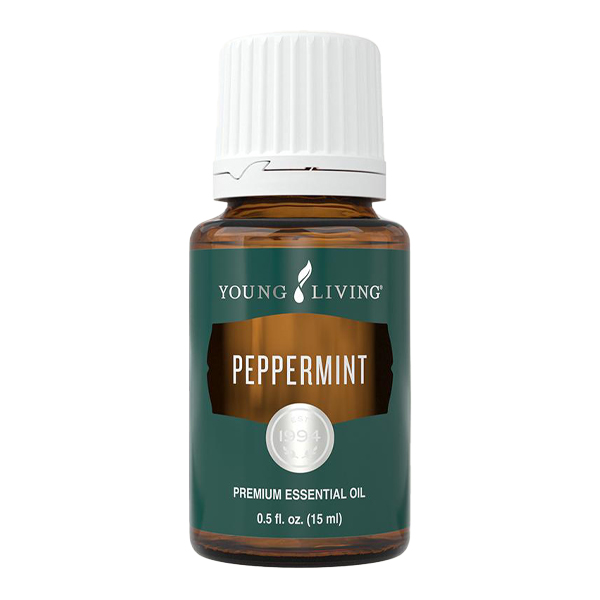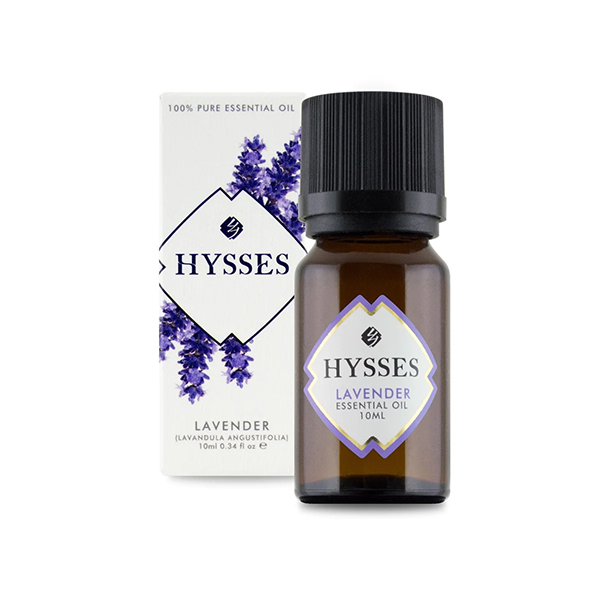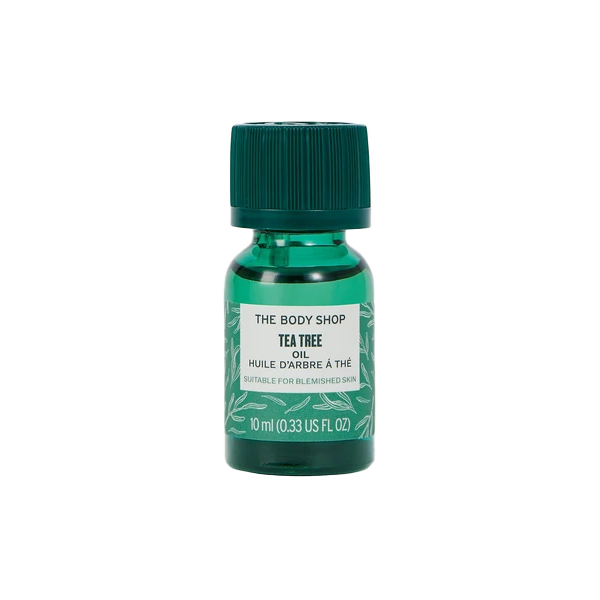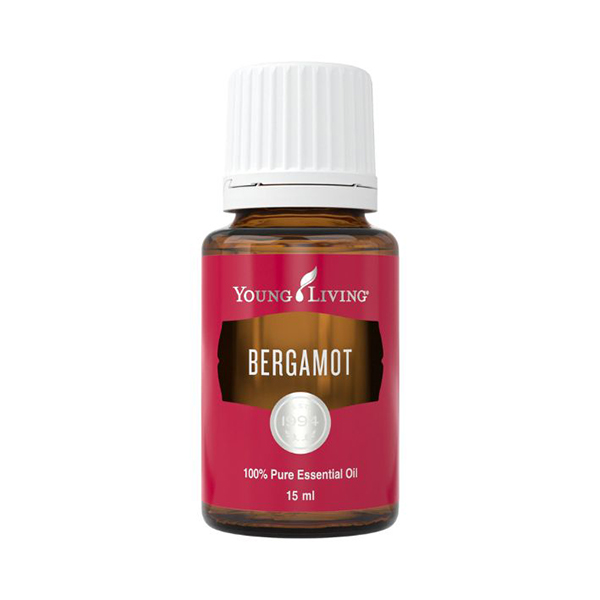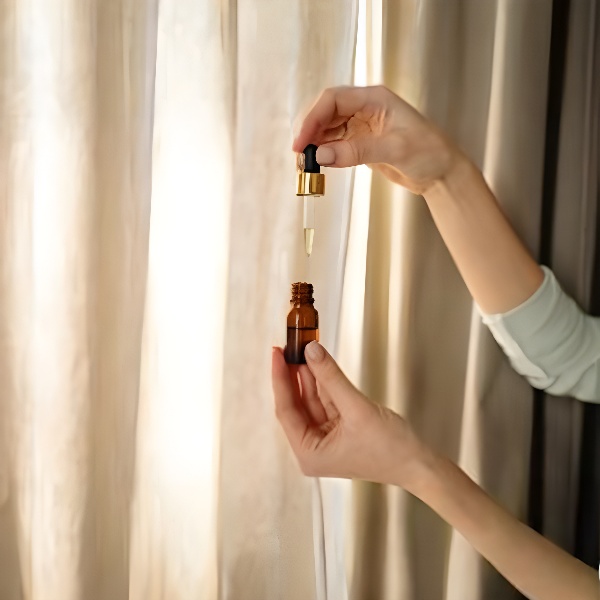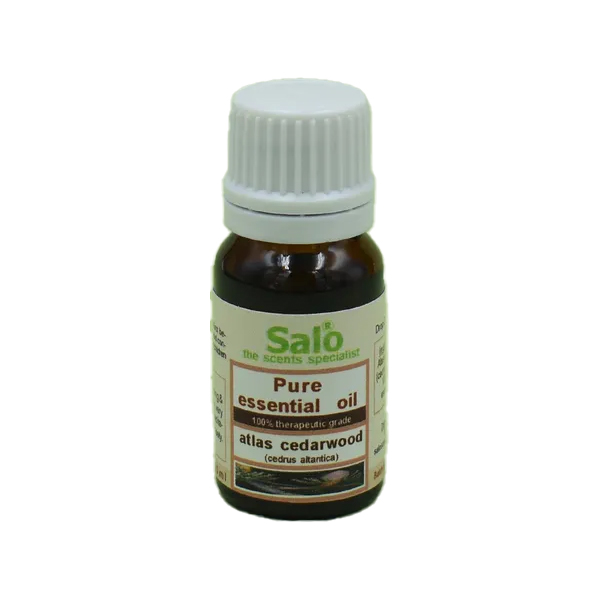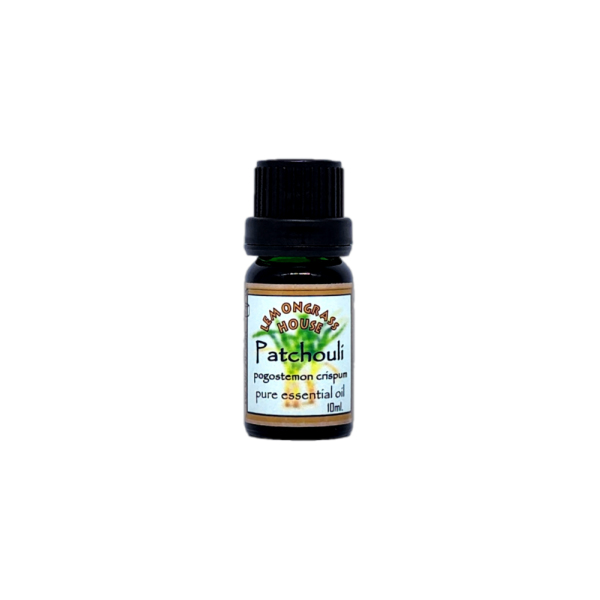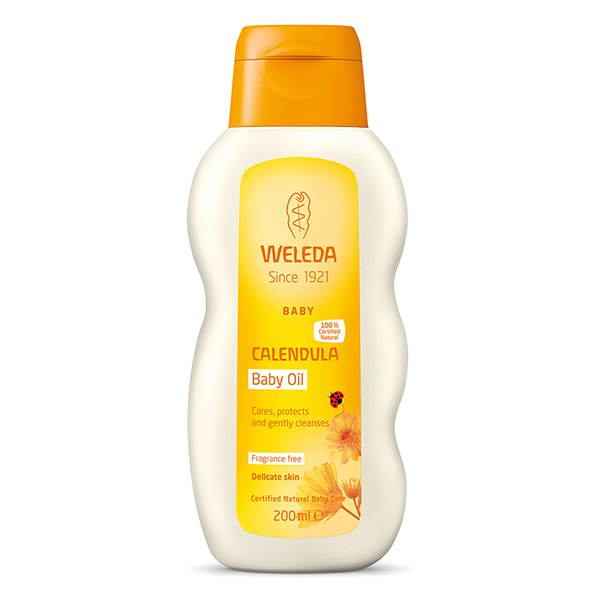Eczema and psoriasis can be major sources of discomfort and stress. They may bring on feelings of insecurity and negatively influence your daily life. You may have heard that a few drops of tea tree oil and coconut oil can have a miraculous effect on eczema.
However, how much of that is true? Are there other oils that can help soothe the symptoms? Finding the best oil for eczema can be quite a challenge.
So, if you're wondering what oil is best for eczema and psoriasis treatment, this comprehensive article is just the thing for you, so read on!
Eczema is an umbrella term for a group of skin conditions, including atopic dermatitis, contact dermatitis, and dyshidrotic eczema.
If dermatologists knew the root cause of eczema, they would have treated it eons ago. However, there’s a growing body of evidence that the causes of eczema might include:
Psoriasis, on the other hand, is an autoimmune condition characterized by thick, raised red patches of skin with silvery-white scales.
After copious research, we took the liberty to compile a list of high-quality oils that help alleviate eczema and psoriasis symptoms.
If anything could come close to the best oil for eczema, it’s Nila's Premium Eczema Relief Oil. This blend is specially designed to treat eczema.
It contains the optimal amount of carrier oils to dilute essential oils. The risk of allergic reactions is next to zero.
It has anti-inflammatory properties and also moisturizes the skin. The Vitamin E in the formula may also help restore the damaged skin barrier, resulting in less itchiness and flare-ups.
Coconut oil nourishes the skin with natural fatty acids. Extra virgin coconut oil is also used as a carrier oil to dilute essential oils.
The double action of cold-pressed coconut oil can:
- Improve skin hydration to restore skin health better than Vaseline
- Improve the skin barrier function to shield the skin from more damage
Coconut oil can also support your eczema-friendly diet.
A few drops of peppermint oil in your bath water may soothe irritated skin by providing a cooling effect. Menthol, the active ingredient, also has anti-inflammatory properties that calm sensitive skin.
The antimicrobial properties of Menthol also aid with cracked skin and other skin infections. Avoid skin irritation by adding a few drops of carrier oil for proper topical treatment.
Lavender essential oil is a super weapon against eczema flare-ups. The floral aroma would calm your mind, which may activate your immune system.
Like many natural oils, lavender oil has anti-inflammatory properties to soothe inflamed skin. Add it to your diffuser or bathwater if the eczema-affected skin is too sensitive for topical application.
Mix with a carrier oil like virgin coconut oil to minimize the risk of eczema outbreaks.
Cold-pressed tamanu oil is a wonderful carrier oil that can be used on its own; mixed with other skin-nourishing carrier oils; or add a few drops of your favourite skin healing essential oils.
Tamanu oil has wondefrul healing properties and can be used on its own for those sensitive to essential oils.
Additionally, tamanu oil may balance bacterial culture on the skin to ease eczema symptoms. The fatty acid contents in this best oil for dry eczema skin help to nourish the skin and prevent moisture loss.
Like other essential oils for eczema, it also works as an anti-inflammatory agent that may reduce inflammation.
Tea tree oil, also known as melaleuca oil, can be combined with lavender oil to create a potent topical eczema treatment. Undiluted tea tree oil also needs a carrier oil to deliver its full potential.
Furthermore, tea tree oil is used for several skin conditions, from acne and dandruff to nail fungus. So, the best tea tree oil for eczema may reduce inflammation in eczema and psoriasis patients.
The antioxidants in melaleuca oil may also "deactivate" the genes that might trigger eczema. All these benefits won’t cure eczema, but it helps tone down the symptoms.
Bergamot essential oil prevents further skin deterioration due to bacterial infections. The anti-inflammatory properties also help reduce the urge to scratch. Therefore, it's praised as one of the best essential oils for eczema.
You can start treating eczema with bergamot and jojoba oil as a carrier oil. Thus, you can restore your energy and focus on your work.
Negatively, the citrus content in bergamot may react to sunlight. So, it's best to stay inside if you use it.
Treating eczema in children requires a different approach because of their extra sensitive skin. Nila offers the best essential oil for eczema formulated specifically for children. The blend consists of lavender, frankincense olibanum, patchouli, natural tocopherol, and organic virgin olive oil. This combination of ingredients may significantly reduce eczema flare-ups in children.
Using essential oils for experimental contact dermatitis also requires special precautions. Start with a few drops mixed with a base oil such as olive oil, and keep an eye out for any skin irritation.
Eucalyptus oil is a natural mosquito repellent. It also repels other microorganisms that may be attracted to feed on your dead skin cells. More importantly, it has a moisturizing effect on dry skin and anti-inflammatory compounds.
Eucalyptus oil is also helpful when it comes to balancing the immunity response. As a result, it may reduce the frequency of eczema flare-ups. Aromatherapists take great care in blending essential oils with other carrier oils like sweet almond oil or jojoba oil.
Bugs also hate the cedarwood essential oil smell. It can kill bacteria, fungi, and microbes. It's safe for children and pets to inhale, and when used as steam, it can have a calming effect on human lungs.
You may also mix it with a carrier oil like sunflower seed oil or bergamot for dilution. Put in a spray bottle and spray your clothes, bed, and personal belongings. It’ll help cleanse and purify your environment.
Patchouli oil has a distinctive earthy smell you’ll either love or hate. Nonetheless, you’ll need to shop for a carrier oil like almond oil or sunflower oil.
It's usually used as a natural deodorant. It may protect the skin from the sweat that triggers eczema.
Patchouli oil may curb appetite for foods that trigger allergic reactions. Otherwise, you can use it as a romantic, attractive scent.
Antibiotics are a renowned treatment for eczema, but they have side effects. In contrast, calendula oil is a natural antibiotic with minimal side effects.
It may help relieve pain by limiting bacterial growth. It may also help restore the healthy skin microbiome.
However, it takes a while for it to be absorbed into the skin, which may leave an oily film over the skin for some time. Furthermore, pregnant women should avoid using it. In addition, it can be used as a carrier oil or mixed with other basic oils.
Using essential oils won't treat eczema symptoms miraculously.
The secret isn’t in one essential oil or the other. It's in the blend that works for you.
Even the Dermatological Society of Singapore doesn't offer a cure. So, you should test these eczema essential oils until you find a successful formula.
Besides, alternative eczema treatments, like over-the-counter creams, don't work for everyone with replicable results. Importantly, certain lifestyle choices may make eczema worse. But have faith in essential oils, and don’t lose hope.
Getting an aromatherapy education might also help. After all, deep knowledge of how essential oils work can assist in your healing journey.
Look at the bright side. By looking into alternative eczema treatments, you discovered aromatherapy. Many essential oils for eczema may also enhance other aspects of your health.
Natural remedies differ from person to person; you must find the best oil for eczema that works for you. Head to Nila Aromatherapy and start browsing!

